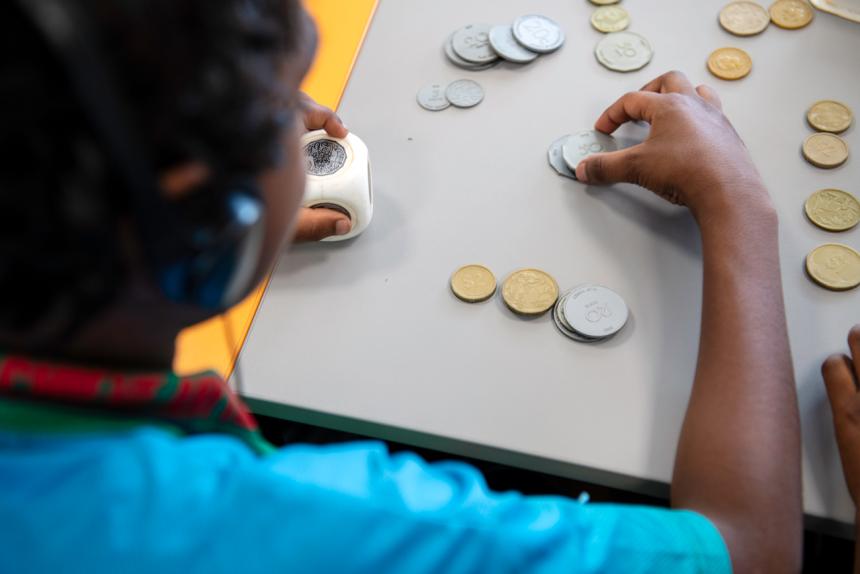
‘Evidence-based practice’ is becoming a common phrase in education. Put simply, it refers to the teaching practices that research has shown will have the greatest impact on student learning. Most teachers want to use research evidence to inform their practice and want to be using the teaching practices that work best for their students. But to what extent are evidence-based practices being used in Australian classrooms?
The Australian Education Research Organisation (AERO) recently surveyed teachers across Australia about how often they used specific teaching strategies. Some of these strategies are evidence-based, while others are not – in fact, some have been found to be ineffective for student learning.
The survey results present a mixed picture. Positively, many teachers reported they often use strategies that support explicit instruction, formative assessment and classroom management. These are 3 evidence-based practices outlined in AERO’s Tried and Tested guides. However, teachers also reported that their use of individual strategies varies, which may limit the effectiveness of the practices in improving student learning. For example, nearly three-quarters of teachers report frequently adjusting their teaching based on assessments of students’ understanding, but fewer than half report frequently using exemplars or rubrics when providing student feedback. Of greater concern, up to 71% of teachers also reported using strategies linked to teaching practices not generally shown to be effective for student learning, in most or every lesson.
While our survey relies on self-reports and cannot investigate the quality of practice, it does provide a snapshot of classroom practice across a large sample of teachers.
AERO will continue to research evidence use in Australian classrooms and will use the insights to support teachers to use evidence-based practices well, and move away from ineffective practices.